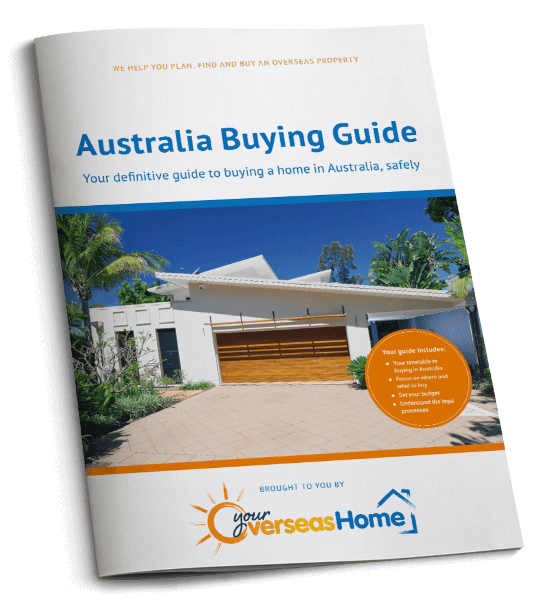Australia is putting new measures in place to cool the housing market and slow demand from foreign buyers. The good news is that most new rules are aimed at investors, not relocators.
Australia is a desirable place to live and invest. We know this from the high percentage of overseas buyers in major markets such as Sydney and Melbourne. Australia has some of the highest rates of foreign investment in the world, including 26% of all new homes sold in New South Wales being to foreign investors in the past year. Because of this and the rapidly escalating prices making housing affordability unrealistic for many Australians, the government has introduced measures to curb overseas investment. Here’s a glimpse at the different laws in place.
Most of these are aimed at investors, not non-residents wishing to buy property and move to Australia.
1. Approval by the Foreign Investment Review Board (FIRB)
Foreign property investors must register and seek approval with the Foreign Investment Review Board (FIRB) before buying property in Australia. To learn more about definitions of “foreign residents”, exemptions, eligibility to purchase new or existing dwellings and penalties and offences for non-compliance, see the Australian Government’s Foreign Investment Review Board website.
2. Foreign buyers may only buy new homes
In accordance with the Foreign Acquisitions and Takeovers Act, foreign buyers in Australia are prohibited from buying established residential homes for investment. The purpose of this law is to stimulate the housing industry, adding new housing supply and ensuring house prices of existing homes do not increase to excess. Recently implemented is a restriction on the number of foreign buyers who can invest in a new development project. New laws now state only 50% of new homes can be sold to foreign buyers.

Queensland’s property boom: has it gone too far?
3. An increase in stamp duty
In states with significant foreign property investment like New South Wales, Victoria and Queensland, stamp duty (a tax levied on property purchases) has been increased to slow demand. In New South Wales stamp duty has doubled from 4% to 8%. In Victoria it has gone to 7% and Queensland it is now 3%. On an annual basis, foreign buyers injected £2 billion into the NSW economy last year, £2 billion in Victoria and £500 million in Queensland.
If you are looking to buy in Australia’s expensive housing market, getting a few insider bargaining tips could help find you an affordable property. Download our guide, How to Negotiate Abroad.
4. A “ghost tax” for foreign buyers owning vacant properties
In September 2017 the Australian government implemented a “ghost tax” charged to property owners who leave their properties vacant or unavailable or a period of six months or more a year. This tax is £3,000 per annum. The money raised from this tax will be diverted to first-time home buyers’ programmes to help fund affordable housing.
5. Denial of Capital Gains Tax Exemptions
Australia has held some favourable tax exemptions for foreign property buyers, but these have recently been changed. The withholding tax rate for foreign tax residents is being raised from 10% to 12.5% and the capital gains withholding threshold is being dropped from £1.2 million to £440,000. For more information on the tax changes see the Australian Tax Office website.
Although certain measures are being instigated to cool property investment from foreign buyers, most of these are aimed at investors, not non-residents wishing to buy property and move to Australia. British expats looking to live and buy property in Australia may not be impacted by any of these recent changes.
One group that could be affected, however, are those who buy a property near their loved ones, so they can stay nearby when they come and visit. As both an investment tactic and a way of staying in touch with family across continents, it has certain advantages. As those over 55 can struggle to get a visa for Australia, many are buying an investment property close to their grown-up children who have moved there. This enables them to stay for extended visits without imposing on family, really get to know the grandchildren, and then rent the property out for the other 11 months or so of the year.

The Australia Buying Guide takes you through each stage of the property buying process, with practical recommendations from our experts who have been through the process themselves. The guide will help you to:






